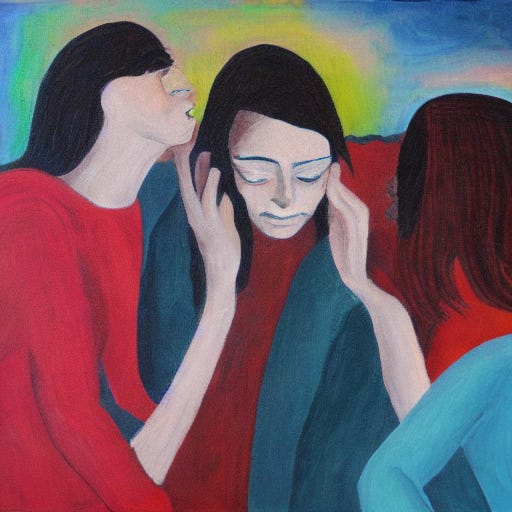Psychosis is a complex mental health condition that can profoundly impact an individual’s perception of reality. Despite its prevalence, there are many misconceptions surrounding psychosis. Let’s delve into the intricacies of this condition, exploring its symptoms, underlying causes, and available treatment options.
Understanding Psychosis:
Psychosis is a symptom rather than a specific mental health disorder. It is characterized by a disconnection from reality, leading to disturbances in thoughts, emotions, and behaviors. Common symptoms of psychosis include hallucinations, delusions, disorganized thinking, and impaired cognitive function. Psychosis can occur as a result of various underlying conditions, including schizophrenia, bipolar disorder, and severe depression.
Symptoms of Psychosis:
The symptoms of psychosis can vary widely among individuals but typically involve a departure from reality. Hallucinations may involve seeing, hearing, or feeling things that are not present, while delusions are fixed false beliefs that are resistant to reasoning or evidence. Disorganized thinking may manifest as fragmented or illogical speech, and individuals may struggle to maintain coherent conversations or make sense of their surroundings.
Causes of Psychosis:
Psychosis can be triggered by a variety of factors, including underlying mental health disorders, substance abuse, sleep deprivation, and medical conditions such as brain tumors or infections. Genetic predisposition and environmental stressors may also contribute to the development of psychosis. Understanding the underlying cause of psychosis is essential for determining the most appropriate treatment approach.
Diagnosis and Treatment:
Diagnosing psychosis involves a comprehensive evaluation by a mental health professional, including a review of symptoms, medical history, and a physical examination. Laboratory tests and imaging studies may be conducted to rule out underlying medical conditions. Treatment for psychosis typically involves a combination of antipsychotic medications, psychotherapy, and psychosocial interventions aimed at managing symptoms and addressing underlying causes.
Management Strategies:
In addition to medication and therapy, individuals experiencing psychosis can benefit from implementing self-care strategies and seeking support from loved ones and support groups. Establishing a routine, prioritizing sleep, and avoiding alcohol and illicit substances can help stabilize mood and reduce the risk of relapse. Engaging in regular physical activity, pursuing hobbies, and maintaining social connections are also essential for overall well-being.
Conclusion:
Psychosis is a complex symptom that can arise from various underlying conditions, including schizophrenia, bipolar disorder, and severe depression. By understanding its symptoms, underlying causes, and available treatment options, individuals affected by psychosis can take proactive steps towards managing their condition and improving their quality of life. With the right combination of medication, therapy, and support, it is possible to achieve stability and resilience in the face of psychosis.
Source – Mayo Clinic



